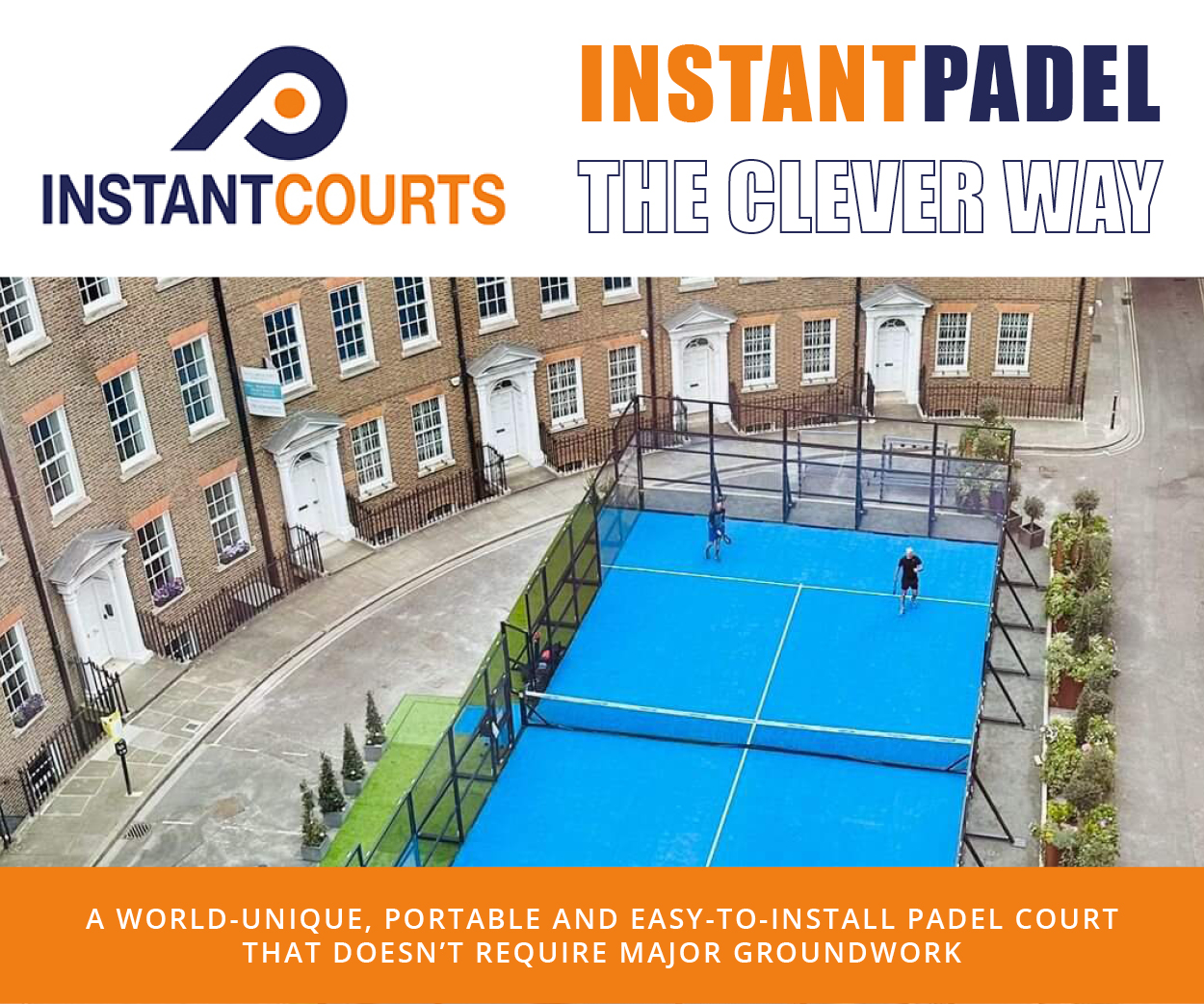The UK has many lessons to learn from Sweden’s over-saturated padel market, according to Stockholm-based Slazenger AB CEO Niclas Rodin.
The recent news that Swedish giant We Are Padel is applying for corporate restructuring and may have to close half of its 80 venues came as a shock in the industry. We Are Padel’s CEO Christoffer Lilja resigned from his post and founder Pontus Gustafsson cited “profitability challenges in a highly competitive market.”

The padel industry in Sweden exploded at the start of the pandemic as people discovered a Covid-friendly sport they were permitted to play under social distancing rules. They had plenty of free time to play and courts were full all hours of the day.
A couple of years ago, it was said that Sweden had 700,000 padel players out of a population of 10 million. But as Covid restrictions eased and the workforce returned to the office, people had less time to play and padel courts became harder to fill, especially at off-peak times.
The UK’s padel industry is growing at a similarly fast pace, but Rodin says padel investors in the UK “will look and learn from Sweden” to ensure venues’ profitability is sustainable.
“It’s interesting to look at the UK padel market because we can see exactly the same patterns – it’s just like Sweden three years ago,” he told The Padel Paper.
“The UK must not over-establish padel in smaller cities as happened in Sweden. One of our cities, Uppsala, went from seven courts to 58 in one and a half years.
“In the UK you have around 200 courts now, but there are 200 courts within 10 minutes of my home in Stockholm! That’s a ridiculous amount of courts. The strong venues may survive but the smaller ones won’t.”
Rodin’s company Slazenger AB is re-launching one of sport’s most iconic brands and has distributed Slazenger Padel equipment to over 30 countries since 2020.
He has visited the UK many times in recent years and can compare his experience of the Swedish padel boom to that of Great Britain.

“There are a lot of lessons to be learned from Sweden for sure. It’s interesting to see how it will develop in the UK but you are experiencing a padel boom, there’s no doubt about that.”
Rodin feels padel in Sweden wasn’t given space to develop organically as a sport through junior programmes and community clubs run by volunteers. “It was growing as a business due to venture capitalists,” he states. “And that’s not the way to grow a sport.
“Suddenly we had players returning to work after Covid and courts which were more or less empty in the daytime. Now times are harder our big clubs must focus on building a community and holding coaching clinics and tournaments and give people a reason to choose to play there rather than the venue nearby. People won’t travel to play padel – that lesson is important.
“However, I don’t think the UK will follow Sweden’s path. For a start, it is much more expensive to build padel clubs close to major cities.
“The UK federation must support the sport and give it the opportunity to make money without over-establishing itself. That’s a lesson that would have saved some trouble in Sweden – although that’s easy to say in hindsight.”









































